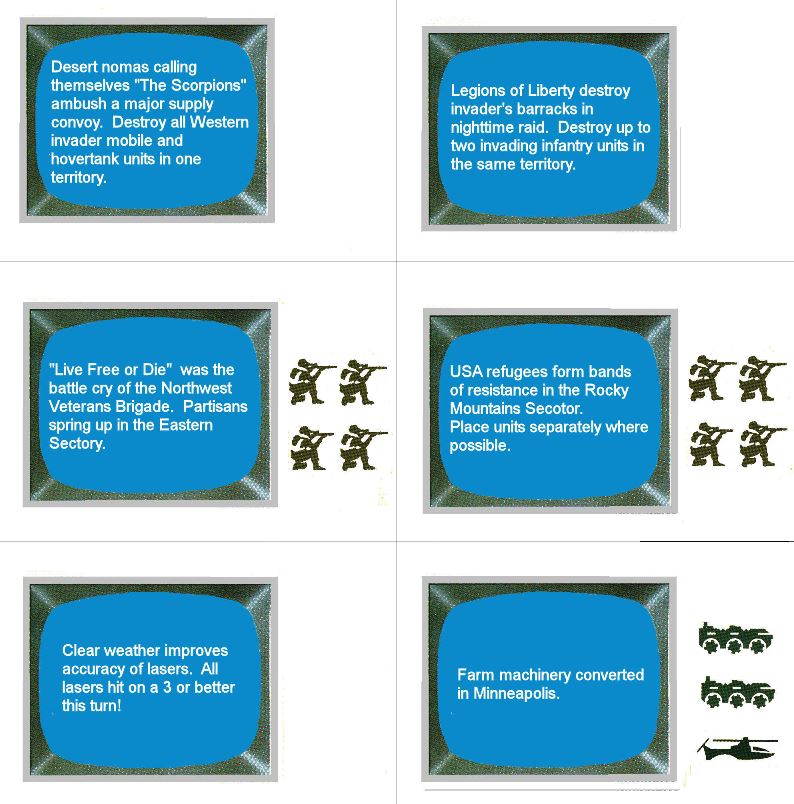harmonica
Diamond Member
- Sep 1, 2017
- 43,841
- 20,017
- 2,300
...wars are not board games .......wars are very complicated .....wars like Iraq and Afghanistan MORE than complicated ......lots of politics involved....you rub my back -- I rub yours.....even some people who hated saddam and the Taliban, and fought ''with'' the US, still did not like the US..
..if we help one group, the other groups are not ''happy''
.....it takes a lot of time to set up intelligence operations [ intel very important ] .....very complicated = ie: the Camp Chapman attack where the person the CIA thought was a good guy, was actually a bad guy [ CIA fkd that up by not keeping him on a need to know basis ] ...so even after setting up the intel, you never know what you will get ....
--then, after you do some operations based on the intel, then you change and adapt.....it's very dynamic
....there are multiple entities involved......such as in Beirut, you have muslims killing muslims....muslim killing christians/christians killing christians/christians killing muslims/etc etc ....?????!!!!!!!!! a big mess .....in WW2 France/Italy/Balkans/etc had many groups fighting for power...politically and/or physically
not a board game
..if we help one group, the other groups are not ''happy''
.....it takes a lot of time to set up intelligence operations [ intel very important ] .....very complicated = ie: the Camp Chapman attack where the person the CIA thought was a good guy, was actually a bad guy [ CIA fkd that up by not keeping him on a need to know basis ] ...so even after setting up the intel, you never know what you will get ....
--then, after you do some operations based on the intel, then you change and adapt.....it's very dynamic
....there are multiple entities involved......such as in Beirut, you have muslims killing muslims....muslim killing christians/christians killing christians/christians killing muslims/etc etc ....?????!!!!!!!!! a big mess .....in WW2 France/Italy/Balkans/etc had many groups fighting for power...politically and/or physically
not a board game





:strip_icc()/pic384585.jpg)
:strip_icc()/pic352877.jpg)
:strip_icc()/pic308717.jpg)
/pic287451.jpg)
